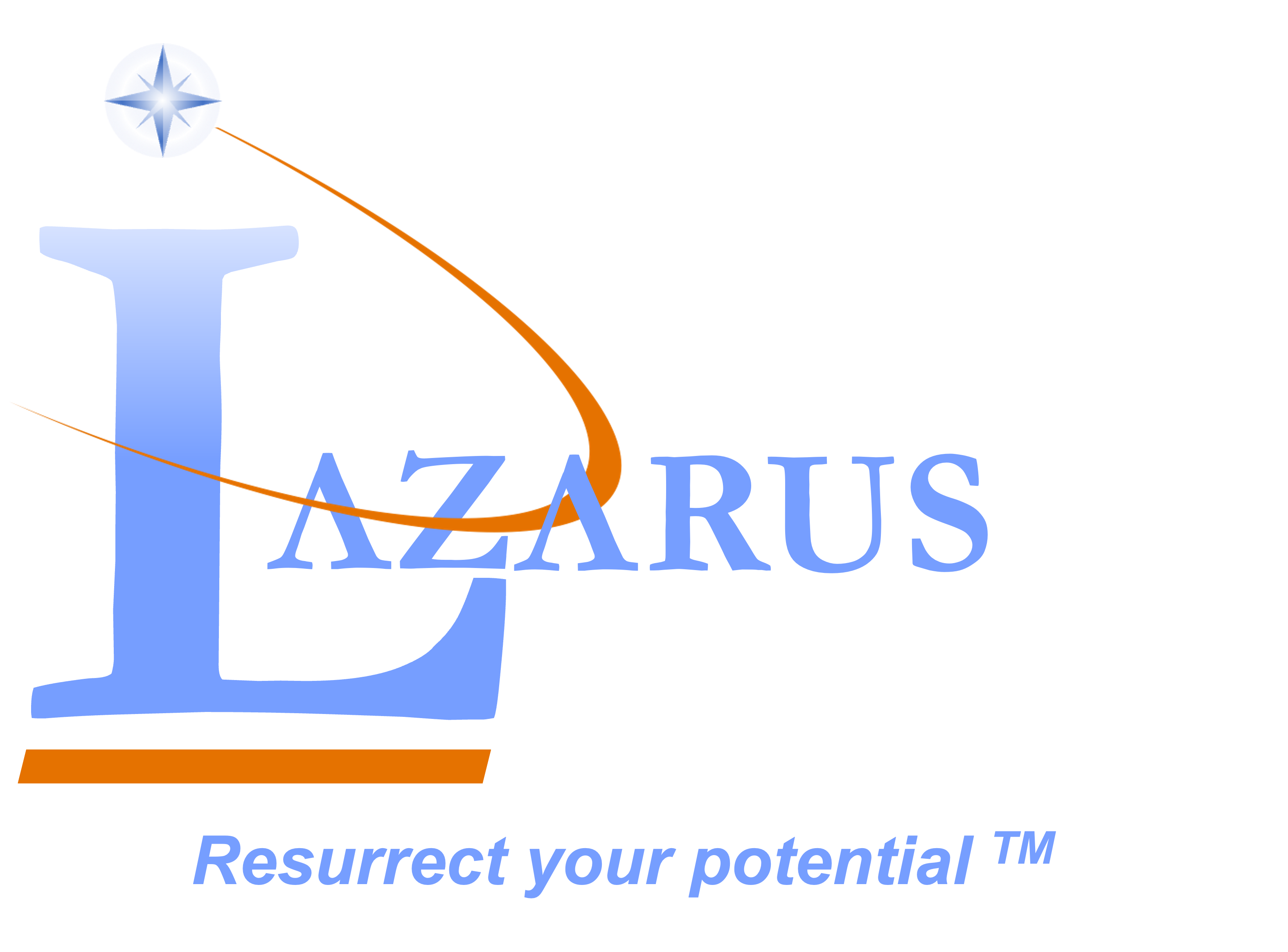We gain a sense of security through control. If we can influence our environment and its processes, we forecast our future more easily. As neuroscience has learned, predicting our future is directly tied to our survival mechanisms by reducing our energy output. The circumstances after my mishap were no different – I wanted to predict my future. However, I could do little to influence the outcome once the investigative phase was underway. My struggle with the accountability process was difficult, but the experience allowed me to discover more about “who” I was. Letting go by practicing the disciplines of trusting the process and authenticity enabled me to weather the storm.
After accepting and confessing my error – forgetting to engage the anti-skid system – there was not much else I could do to influence the investigation. I had no clue how long the process would take. Occasionally, the board pulled me in for more questions but offered no timeline for the endeavor. My hopes of a quick affair waned quickly. The proceedings were not like TOP GUN, where Maverick returned to the cockpit after a couple of scenes. I was going through the accountability process by taking responsibility for my actions and their impending consequences. Often, we recite terms like accountability as if they are objective and instantaneous. However, living through the events and learning to stomach the effects takes time. It is a period of growth.
As the investigations continued, I continued to relive the experience. Ultimately, I could not “squash the feelings.” I grappled with what occurred by self-reflecting and discussing the mishap with my spouse. My dream of becoming a naval aviator was in jeopardy and posed a big dilemma. What would people say? What would they think? I struggled with what I would do, the shameful feelings, and how to break the news to family and friends. My internal conflict centered on a label involving “what” I was rather than “who” I was. Fortunately, my marriage was the guidepost that enabled me to navigate this difficulty. My spouse was not concerned with what I would do in the Navy; she said she married me for who I was rather than what I wanted to be. Her perspective gave me a sense of security and enabled me to make sense of my situation by questioning my viewpoint.
My emotional state underwent several cycles throughout the inquiry, which ran for over three months. However, a piece of advice from my father-in-law kept me going, “Make them kick you out.” He was a wise man who had entered naval flight training, only to find an inner-ear issue that made it difficult to find the horizon after he flew inverted. He went through several months of being poked by Navy doctors and riding the “spin-and-puke” – a device used to counteract motion sickness by helping your vestibular system adjust to specific movements. Eventually, he was disqualified from aviation and served successfully as a surface warfare officer. His words alleviated any sense that I had to decide on my future. My goal had not changed – I wanted to complete flight training.
Having wrestled with my label and the decision to continue, I had to learn to trust the process. Trusting the process meant I had to let go – I had done my best in the given situation. While I had crashed a $23 million jet, I walked away from the incident and upheld my integrity by owning up to my error. However, I had to release any expectations I had of the outcome. Honestly, I had no idea what else I would want to do in the Navy – this was my childhood dream. So, I pressed on.
I learned to focus on what was in my control. During this entire process, my wife was pregnant with our first child. So, we focused on preparing our young family for the upcoming shift and the birth of our first daughter. As you can imagine, I was given much advice from instructors. I continued to study and fly in the simulator because I did not want to let any skills atrophy. I also focused on my health by dutifully running each day, which helped my mental state. I have found that exercise is one of the best antidotes for negative thoughts and depressed feelings. I continue to use this tool to this day.
Finally, the inquiry shifted to the administrative phase, which would make a recommendation to the admiral, who would determine my fate. I dressed in my khaki uniform and focused on being authentic. I didn’t rehearse lines or behave in any specific way because when we are authentic, we bring out our full potential, and people see us for who we are. If we don’t, others see us as contrived and wonder whether we are being truthful or not.
The board, comprised of three instructor pilots, called me into the room. After reading the requisite paperwork, the questioning began. One question made by the head of the board stuck out to me, “Nick, you screwed up. Why should we let you continue in flight training?” To this day, I don’t know where the answer came from, but I stated, “Yes, I screwed up. But if you let me continue in flight training, I will become your biggest safety advocate. And I will let people know why it is important to do your flight checklists.” With that, they dismissed me from the room, and after some minutes of deliberation, they called me back in. The board had unanimously voted, 3-0, to keep me in flight training, but the admiral would have the final say.
With the first hurdle cleared, I felt more positive and hopeful about my future. Not too long after the board, my first daughter was born. As you can imagine, that feeling of becoming a father for the first time sank in, and I started to sense more of “who” I was. Due to some complications, my daughter had to stay in the neonatal intensive care unit for two weeks. However, when we were finally able to take her home, it was exciting. The telephone rang within an hour of walking through the front door. The news, delivered by an instructor on the other end, was that the admiral had cleared me to go back into flight training, and I was on the flight schedule for the following day.
Life is complex. It is a system with many variables; some we can control, others we cannot. Although it goes against our instincts, letting go by trusting the process frees us to be more authentic and positively apply our energy. It allows us to soar and live at our full potential. Ultimately, I overcame the dread of not knowing my future by focusing my energy on family and my new role as a parent – the values that comprised my “who.” I wasn’t bogged down worrying about “what” I was trying to become. That was not entirely in my control.
When held accountable for our actions, waiting for the announcement of any consequences can be a struggle – we cannot control the process or outcome. However, if we have done everything within our power by living up to our values – being honest and telling the truth – and being authentic, we must learn to trust the process. Letting go frees us to focus on what matters and the opportunities around us by focusing on our “who.” What have been your experiences with accountability? How were you able to trust the process? What did you learn about yourself? How can you live more authentically around your “who”?
P.S. – Do you want to let go and soar? Do you want to be more authentic? Take that first step by working with a coach to resurrect your potential. Find out more right here.
Photo by Steve Smith on Unsplash


